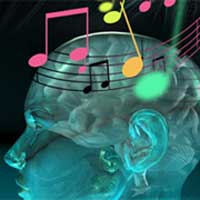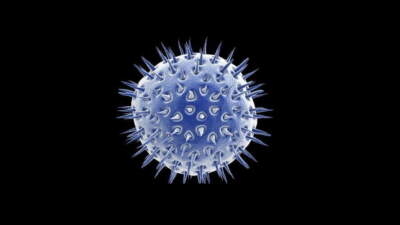Pope’s Path to Recovery: Triumph over Viral Bronchitis and Heartwarming Moments in Hospital
Pope Francis is scheduled to be released from Rome’s Gemelli Hospital on Saturday, following successful treatment for viral bronchitis. The Director of the Holy See






